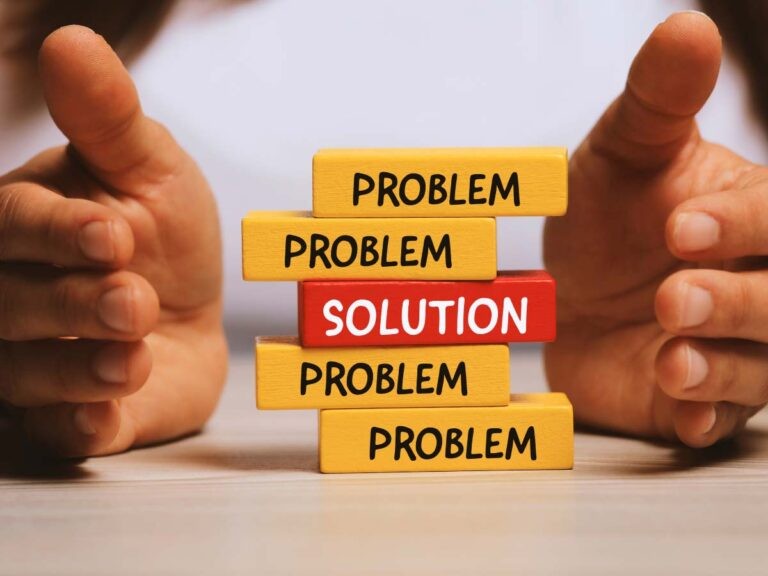
People who are married are not happier than those who are single, reports Ed Diener, professor at the University of Illinois. Despite a popular idea that marriage will increase personal happiness, according to Diener, this isn’t always the case, as people eventually return to their “happy set point” (aka happiness baseline).
As a result, marriage does not always improve one’s life. In fact, most people are no happier after marriage than they were before. This result was obtained after a study that looked at how people react to both happy and negative life situations and examined life satisfaction levels of over 24,000 adults in Germany. The findings clearly show that, contrary to popular belief, marriage does not lead to increased happiness due to the previously mentioned “happy set point.”
“It is true that some people are more content than others. And while there are things you can do to improve your happiness, Diener points out that “being married isn’t a cure for changing your set point.”
The term “hedonic leveling” was coined by the study’s authors to describe the process of returning to one’s set point, which has a balancing effect on people’s overall happiness levels. “When you are overjoyed, there are forces that bring you back to a more regular level,” Diener explains. “People are generally satisfied, although not always ecstatic.”
According to the study’s findings, respondents’ happiness levels increased before and after marriage, but the gain was tiny – around one-tenth of a point on an 11-point scale – and was followed by a return to previous levels of happiness.
When something bad happens, people react adversely, but they heal with time, according to Diener. According to this study, even widows and widowers recovered to the level of contentment they had before their spouse died after about five years.














